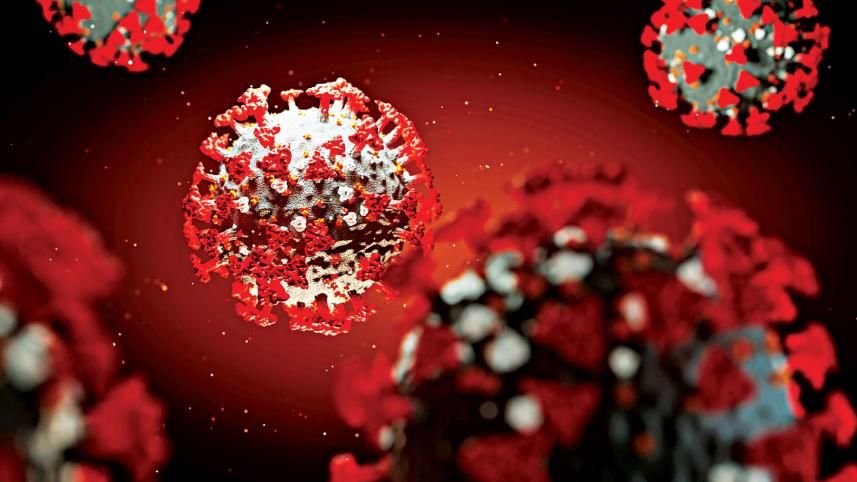Covid-19 outbreak in port city may be approaching peak

With the percentage of Covid-19 positive cases increasing at an alarming rate and the total number of positive cases reaching 641 from 89 in just 12 days as of Friday, experts opine that the outbreak may be approaching its peak in Chattogram.
They recommended more rigorous programmes -- rigorous testing, rigorous contract tracing and isolation efforts. Things will take a turn for the worse if these measures are not ensured strictly, the warned.
The first case of Covid-19 was detected in Chattogram on April 3. On May 4, after a month, the total number of positive cases reached 89. But it started increasing rapidly in the next 12 days with 551 positive cases, taking the total number to 641 as of May 15.
On April 24, 2 positive cases were detected out of 183 samples; on April 25, the number was again 2 out of 189 samples and on April 26, 10 positive cases were detected out of 101 samples.
A total of 14 cases were detected out of 473 samples in three days at a percentage of 2.95.
But things took a turn for the worse in May.
On May 13, 95 positive cases were detected out of 369 samples; on May 14, 60 cases out of 394 and on May 15, 68 cases out of 464 samples.
Altogether 219 cases were detected out of 1,227 samples at a percentage of 17.84.
"Pandemic has a trend to reach its peak through geometric progression… study shows that a Covid-19 infected person is likely to contaminate three others," said Prof Dr Shakeel Ahmed, in-charge of Bangladesh Institute of Tropical and Infectious Diseases (BITID) laboratory.
"But this progression has to be controlled or slowed down through intervention measures like social and physical distancing. Unfortunately this intervention measure has not worked out well in Chattogram and so the rate of contamination has been increasing," he said.
He, however, could not say for sure when the outbreak will reach its highest peak.
Dr Mamunur Rashid, an epidemiologist and associate professor of Clinical and Tropical Medicine at BITID, said the trend of contamination rate in Chattogram is not unusual than that of other places in the world.
"The way the number is increasing, it indicates that it is approaching its peak," he said, adding, "It cannot be predicted when it will reach its highest peak as the number of testing is still very little."
Contacted, a renowned epidemiologist of the country, preferring anonymity, said had the intervention measures worked out, the number of contaminated cases would have been kept at a nominal stage like in Vietnam, New Zealand , Australia, Bhutan and Nepal.
Prof Dr Selim Muhammad Jahangir, former principal of Chattogram Medical College, said healthcare professionals worldwide are at risk as they have to serve patients from a close range. "Besides, many asymptomatic infected patients hide their contact history to doctors, which puts doctors at risk" he said.
Contact tracing needs to be ramped up and lockdown has to be enforced more strictly, he said.




 For all latest news, follow The Daily Star's Google News channel.
For all latest news, follow The Daily Star's Google News channel.
Comments